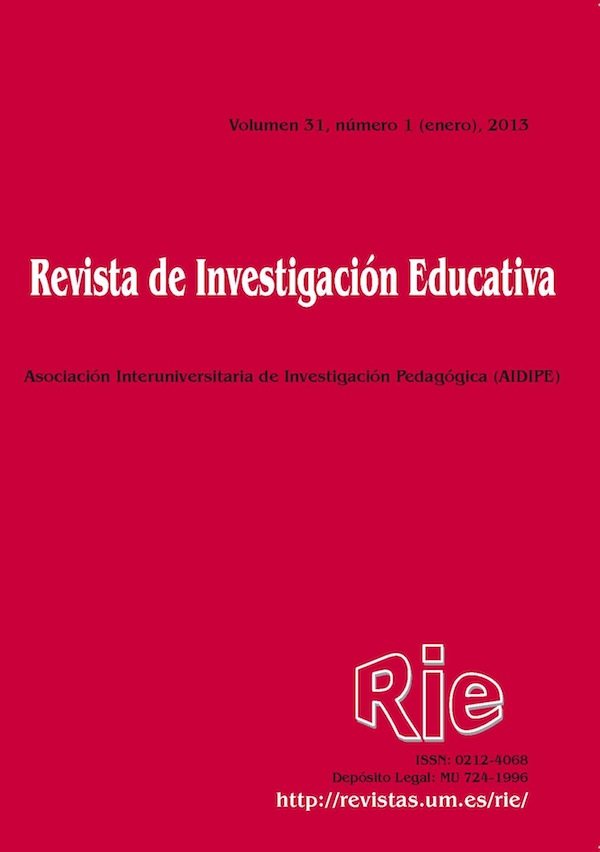Relation between the politico-educational ideology of the franco regime and contents of compulsory subjects such as professional moral and religion in nursing studies
Supporting Agencies
- Investigación subvencionada por el Consejo General de Enfermería de España.
Abstract
In this study we analyzed the relationship between ideology and educational policy in nursing studies during the Franco regime in Spain. Using Gadamer´s analysis of the Contents of compulsory subjects such as Professional Morality and Religion, this study showed the crucial influence of the Catholic Church in teaching. Also, we initiated and developed a discussion, unexplored until then, on Contents and Recipients, which led us to conclude that nursing studies during the Franco regime were defined to be “aimless”. A change in the terminology from Nurse to Registered Nurse set aside other educational objectives related to the development of scientific and critical thinking skills. This implies a social redefinition in teaching.
Downloads
-
Abstract577
-
PDF (Español (España))501
-
CORRESPONDENCIA ENTRE LA ...501
-
Sin títuloCORRESPONDENCIA...501
The articles and scientific documents published in RIE abide the following conditions:
1. The Servicio de Publicaciones de la Universidad de Murcia (the publisher) has the property rights (copyright) of all the documents published and allows the reuse under the user’s license indicated in point 2.
2. All documents are published in the digital edition of RIE under a Creative Commons Reconocimiento-NoComercial-SinObraDerivada 4.0 Internacional. (legal document) license. These documents can be copied, used, distributed, communicated and explained publicly if: i) the author(s) and its original source of publishing (magazine, publisher and URL of the document) are cited; ii) it is not used for commercial purpose; iii) the existence and the specifications about this license are mentioned.
3. Auto-archive’s conditions. The authors are allowed and encouraged to digitally distribute the pre-print versions (a version before evaluation) and/or post-print (a version that it is already evaluated and accepted to its publication). This promotes circulation and distribution earlier and can increase the citations and significance within the academic community.










